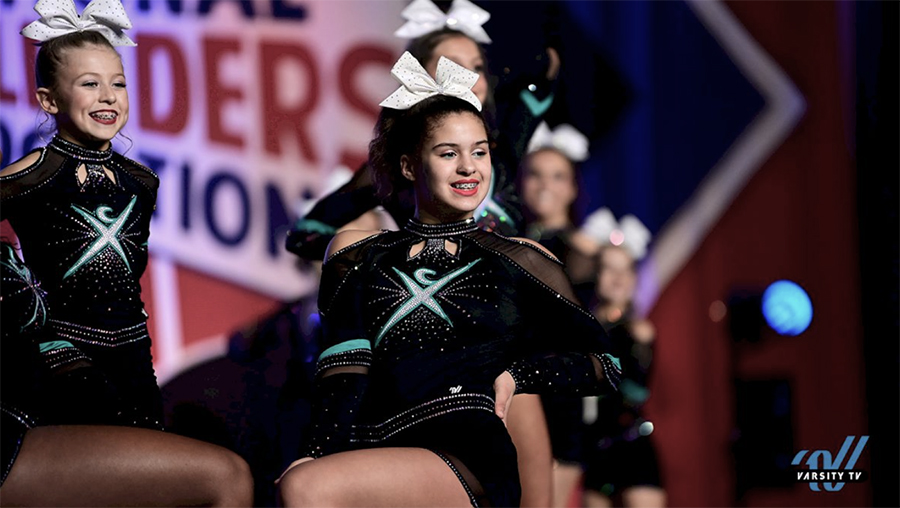Varsity Brands has agreed to pay $43.5 million to settle a federal lawsuit that the student apparel company and producer of cheerleading events abused its industry dominance, causing private gyms and spectators to pay artificially inflated prices.
The settlement deal, which requires court approval, would resolve one of three federal antitrust lawsuits Varsity has defended over the last three years. The plaintiffs in the case, Fusion Elite All Stars, et al. v. Varsity Brands, LLC, et al., are “direct purchasers” (gyms paying to register at Varsity events and spectators paying to see them) over the last seven years. The events involve short performances featuring pyramids, tumbling and other gymnastic components.
The lawsuit was filed in 2020 by California cheerleading gym Fusion All Stars, which alleged that Varsity had violated the Sherman Antitrust Act by acquiring cheerleading events and shutting down its rivals in the All-Star cheer business to gain market dominance and then using that market dominance to produce events and sell specialized apparel “to erect a moat that protects its lucrative businesses from free and fair competition.”
According to the complaint, Varsity used its market power to impose predatory contracts on All-Star gyms, requiring near-exclusive patronage of Varsity’s products and services.
The suit also alleges that Varsity used its control over the sport’s governing bodies, including the U.S. All-Star Federation (USASF), to impose rules that disadvantaged its rivals, relegating potential event-producing competitors to “B League” status. The suit claims that Varsity’s monopolistic measures resulted in control over approximately 90 percent of the All-Star competition market and 80 percent of the All-Star apparel market.
According to the complaint, Varsity used its “predatory scheme” to impose substantially inflated prices on All-Star gyms for its All-Star competitions and specialized All-Star apparel and also reduced the number of competitors and events, undermining freedom of choice in the industry.
In a court filing in 2020, Varsity’s attorneys said the “plaintiffs are three disgruntled gyms that do not like the rules and structure Varsity has created” and that the claims “fundamentally misconstrue” U.S. antitrust laws.
In the settlement papers obtained by Reuters, lawyers for direct purchase plaintiffs said the proposed deal, subject to a court’s approval, was the “result of lengthy and hard-fought litigation over two-and-a-half years and intense negotiations.”
On Monday, the plaintiff’s lawyers said the settlement provides “substantial monetary recovery” and other forward-looking relief that bars some of the conduct the plaintiffs challenged as anticompetitive.
Varsity did not admit wrongdoing or liability in settling the case, and it said, “the company remains confident it has acted appropriately and in the best interest of our sport.”
Photo courtesy Varsity TV/National Cheerleading Association














